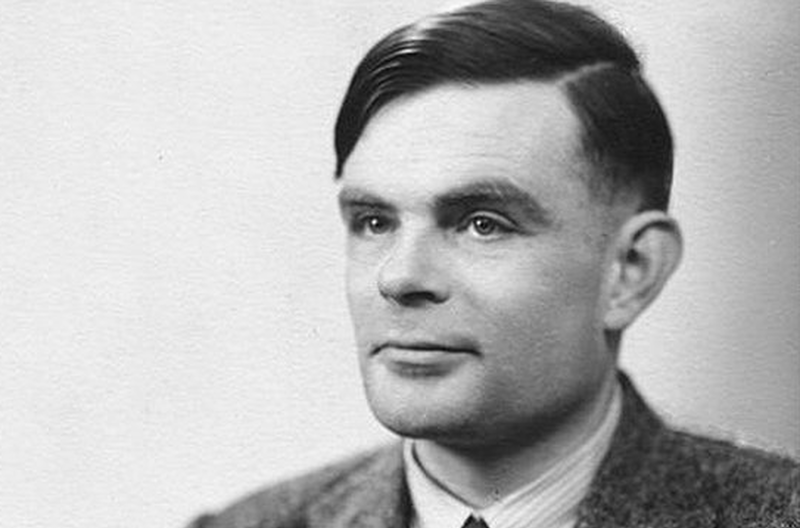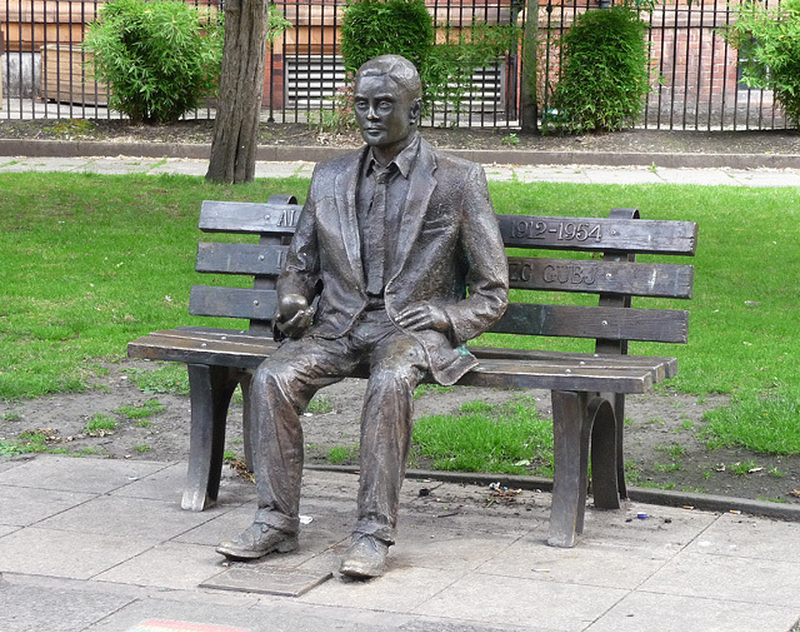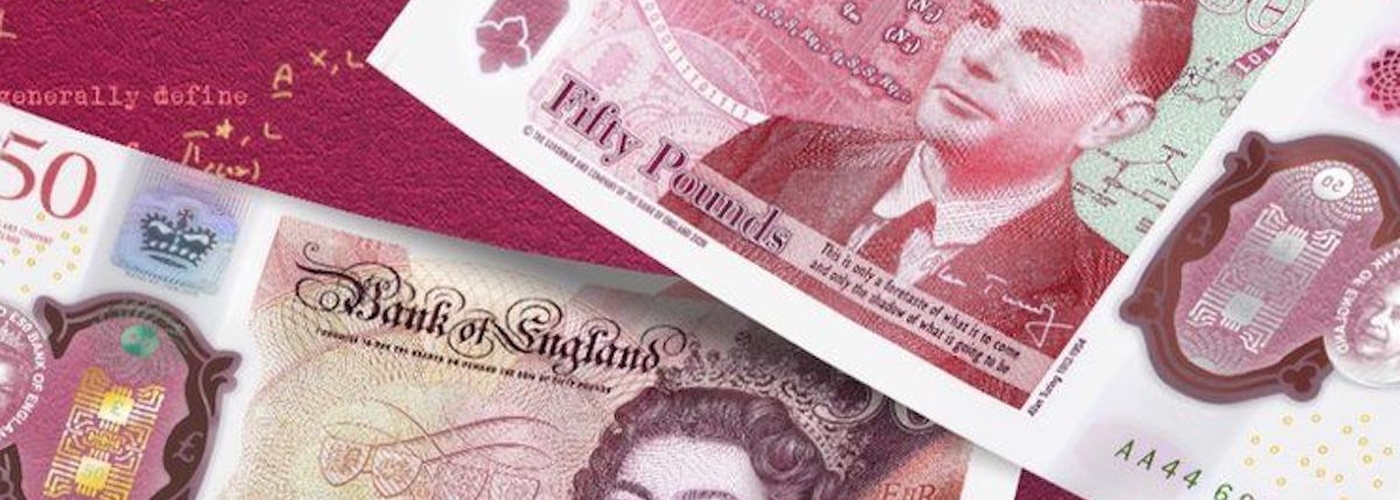Manchester icon commemorated in cash
Mathematician, computer genius, codebreaker and gay icon; Manchester legend Alan Turing is now also the face of the £50 note. The banknote will enter circulation on 23 June, which would have been the mathematician's birthday.
Turing is a giant on whose shoulders so many now stand
Turing was chosen after a call for nominations was put out by the Bank of England, inviting the public to nominate great scientists. Nominees included Ada Lovelace and her collaborator Charles Babbage, Stephen Hawking and Ernest Rutherford (another Manchester alumnus).
Turing was a clear favourite from the start not only for his contribution to the fields of computer science, mathematics, cryptology and philosophy but also for his meaning to the LGBTQ+ community.
Governor Mark Carney said, “Alan Turing was an outstanding mathematician whose work has had an enormous impact on how we live today.
“As the father of computer science and artificial intelligence, as well as a war hero, Alan Turing’s contributions were far-ranging and path-breaking. Turing is a giant on whose shoulders so many now stand.”

Alan Turing's legacy in computer science
It is no exaggeration to call Turing the father of computer science. Much of his work in mathematics was carried out at the University of Manchester, where, among many other things, he was in charge of systems programming for the Ferranti Mark 1, a commercialised version of the prototype computer which had been developed by the University team. Today, Manchester University's School of Mathematics is housed in the Alan Turing building.
One of Turing's more accessible legacies is the ‘Turing Test’ in which computers are tested for signs of genuine intelligence. It was developed in a paper he wrote whilst at the University of Manchester, and versions of the test award prizes to scientists each year to encourage progress in AI. As our future looks increasingly like it will be shaped by developments in AI, it does not seem an exaggeration to say Turing could be one of the most influential scientists of all time.

A fitting memorial
In 1952, Turing was tried and convicted of ‘gross indecency’ under the anti-homosexuality legislation of the day. Tragically, on 7 June 1954, Turing ingested a cyanide-laced apple at his home in Wilmslow and was found dead the next day. He was 41.
Turing is the first known LGBTQ+ figure to feature on British currency. He is especially remembered in the gay community for his persecution at the hands of the Government. A statue of Turing resides in Sackville Park, where he is depicted sitting on a bench holding an apple. Every year on his birthday it is surrounded by flowers.
Manchester MP, Liberal Democrat Councillor (and occasional contributor to Confidentials) John Leech led the campaign to have Alan Turing pardoned and the Government apologise, which happened in 2013. You can read his impassioned defence of LGBTQ+ rights here.

Despite being enthusiastically adopted by the city, Alan Turing was actually born in Maida Vale and studied as an undergraduate at King's College, Cambridge. He worked on breaking German ciphers at Bletchley Park and is estimated to have shortened the Second World War by some four years. In 1948, Turing was appointed reader in the Mathematics Department at the University of Manchester.
Details on the note will include: an image of Turing taken in 1951; a table and mathematical formula; technical drawings involved in the breaking the enigma code, and Turing’s birthdate in binary code. The £50 note is the final note to be produced in polymer, which completes the set.















